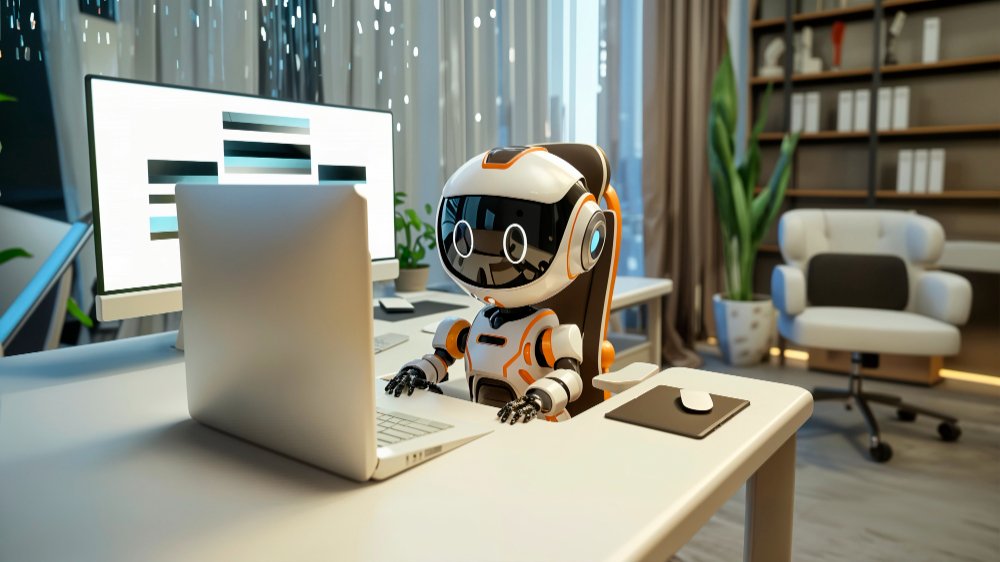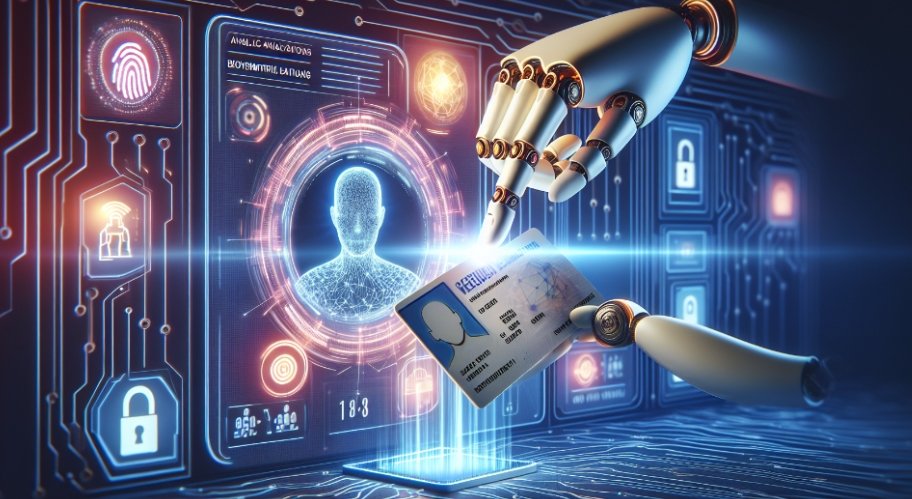Introduction
In today’s digital era, whether algorithms can be considered intellectual property is gaining significant traction. As technology advances, algorithms have become integral to various sectors, from healthcare to finance, entertainment to security. This article delves into the complexities surrounding the classification of algorithms as intellectual property, exploring the legal, ethical, and practical implications.
Understanding Algorithms and Intellectual Property
What Are Algorithms?
Algorithms are rules or instructions designed to perform specific tasks or solve problems. They range from simple calculations to complex processes driving artificial intelligence and machine learning systems. The debate over their ownership and protection is crucial given their foundational role in modern technology.
Intellectual Property Explained
Intellectual property (IP) refers to creations of the mind, such as inventions, literary and artistic works, designs, symbols, names, and images used in commerce. IP law aims to protect these creations, granting the creators exclusive rights to their use and distribution. The main categories of IP include patents, copyrights, trademarks, and trade secrets.
The Intersection of Algorithms and Intellectual Property
Can Algorithms Be Patented?
One of the primary ways to protect intellectual property is through patents. Patents provide exclusive rights to inventors for a specific period, usually 20 years, in exchange for public disclosure of the invention. The eligibility of algorithms for patents is a contentious issue. According to the United States Patent and Trademark Office (USPTO), an algorithm can be patented if it is novel, non-obvious, and useful.
However, the challenge lies in that algorithms are often seen as abstract ideas or mathematical formulas which need to be patentable by themselves. The algorithm must be tied to a specific application or demonstrate a technological improvement to overcome this.
Copyright Protection for Algorithms
Copyright law protects original works of authorship, such as literary, musical, and artistic works. It does not protect ideas, procedures, or methods of operation. Given this, the source code of an algorithm can be copyrighted, but the algorithm itself, as an abstract concept, cannot.
Trade Secrets and Algorithms
Trade secrets provide another layer of protection for algorithms. Companies can treat their algorithms confidentially, treating them as trade secrets. Unlike patents, this approach does not require public disclosure, but it demands rigorous measures to maintain secrecy. If an algorithm is disclosed or reverse-engineered, the protection is lost.
Legal and Ethical Implications
Legal Challenges
The legal landscape for algorithmic IP protection is complex and varies across jurisdictions. In the United States, the Supreme Court’s decision in Alice Corp. v. CLS Bank International has made it harder to patent software-related inventions, including algorithms. The court ruled that implementing an abstract idea on a computer does not make it patentable.
In Europe, the European Patent Office (EPO) is more lenient, allowing patents for computer-implemented inventions if they produce a “technical effect.” However, interpreting what constitutes a technical effect can be subjective and inconsistent.
Ethical Considerations
The ethical implications of treating algorithms as intellectual property are profound. On one hand, granting IP rights incentivizes innovation and investment in research and development. On the other hand, it can lead to monopolies, stifling competition and hindering access to essential technologies.
The issue of algorithmic transparency is also crucial. Proprietary algorithms often operate as “black boxes,” making it difficult to understand how decisions are made. This lack of transparency can have serious consequences, especially in healthcare, criminal justice, and finance, where algorithmic decisions can significantly impact lives.
Case Studies and Examples
Google’s PageRank Algorithm
Google’s PageRank algorithm revolutionized search engines, providing more relevant search results by ranking web pages based on their importance. While the specifics of the algorithm are kept as a trade secret, Google has also sought patent protection for aspects of its search technology. This dual approach highlights the strategic use of multiple IP protections.
Understanding the Impact of Glen Booksher’s Quote Algorithm on Modern Data Analysis
IBM’s Watson
IBM’s Watson, a question-answering AI system, combines natural language processing, machine learning, and information retrieval techniques. IBM has patented various components of Watson, protecting the innovations behind its functionality. This case exemplifies how companies can leverage patents to safeguard their technological advancements.
DeepMind’s AlphaGo
DeepMind’s AlphaGo, an AI program that defeated human champions in the game of Go, showcases the cutting-edge capabilities of algorithms. While the algorithm itself may not be patented, the software and techniques used to develop it can be protected through a combination of patents, copyrights, and trade secrets.
The Future of Algorithms as Intellectual Property
Technological Advancements and IP Law
As technology evolves, IP law must adapt to address new challenges. The rise of artificial intelligence and machine learning algorithms presents unique issues, such as the ownership of AI-generated inventions and the need for new categories of IP protection.
Balancing Innovation and Access
Policymakers must balance the need to incentivize innovation with the public’s right to access and use technology. Striking this balance requires ongoing dialogue between stakeholders, including tech companies, legal experts, policymakers, and the public.
International Perspectives
The global nature of technology necessitates international cooperation on IP protection. Harmonizing IP laws across jurisdictions can help address the challenges of protecting algorithms in a borderless digital world. Organizations like the World Intellectual Property Organization (WIPO) are crucial in facilitating this cooperation.
Final Thoughts
Whether algorithms can be considered intellectual property is complex and multifaceted. While current IP laws provide some protection, they often need to address algorithms’ unique characteristics. As technology advances, there is a need for ongoing legal, ethical, and practical discussions to ensure that IP protection for algorithms fosters innovation while safeguarding public interests.
Questions and Answers
Q: Can all algorithms be patented?
A: No, not all algorithms can be patented. For an algorithm to be patentable, it must meet specific criteria, including novelty, non-obviousness, and usefulness. Additionally, it must be tied to a specific application or demonstrate a technological improvement.
Q: How does copyright protection apply to algorithms?
A: Copyright protection can apply to an algorithm’s source code but not to the algorithm itself as an abstract concept. Copyright protects the expression of an idea, not the idea itself.
Q: What are the advantages of treating algorithms as trade secrets?
A: Treating algorithms as trade secrets allows companies to keep their algorithms confidential without requiring public disclosure. However, this protection is lost if the algorithm is disclosed or reverse-engineered.
Q: How do international IP laws differ in their approach to algorithms?
A: International IP laws vary in their approach to algorithms. For example, the United States has stringent criteria for patenting software-related inventions, while the European Patent Office has a more lenient stance. Harmonizing these laws is a challenge in the global digital landscape.
Useful Keys: algorithms, intellectual property, patents, copyrights, trade secrets, IP law, technology, innovation, AI, machine learning
Conclusion
The debate over whether algorithms are intellectual property is ongoing and evolving. As we continue to integrate advanced algorithms into our daily lives, it is essential to understand the legal frameworks and ethical considerations that govern their protection. We can ensure that technological advancements benefit society by striking a balance between innovation and access.
For further reading on this topic, visit the websites of the WIPO, USPTO, and EPO.
This article explores whether algorithms can be classified as intellectual property, delving into various aspects such as patents, copyrights, trade secrets, legal challenges, and ethical considerations. It concludes with final thoughts and a Q&A section to address common queries.









